AARP Hearing Center


Talk about an unwelcome comeback. Reports of whooping cough cases, which have been lower than usual these past few years, are creeping back up to pre-pandemic levels, according to the latest data from the Centers for Disease Control and Prevention (CDC).
Cases of the highly contagious infection, caused by Bordetella pertussis bacteria, are five times higher this year compared to the same time in 2023, preliminary data from the CDC shows. This year’s numbers (14,569 cases as of Sept. 14) are also higher than they were in September 2019, before the start of the coronavirus pandemic.
Preventing whooping cough
There is a way to prevent whopping cough, which can cause coughing fits so intense it becomes hard to breathe — and that’s with a vaccine.
In the first year after vaccination, Tdap (for tetanus, diphtheria and pertussis) prevents the illness in about 7 of 10 people who receive the shot. The vaccine can also help keep you from passing on the virus to other people, including babies and young children, who are at highest risk for complications from an infection, says Gregory Poland, M.D., an infectious disease expert and director of the Mayo Clinic Vaccine Research Group. That’s why it is crucial for people who have close contact with children younger than 12 months — including parents, grandparents and childcare providers — to get a booster.



























































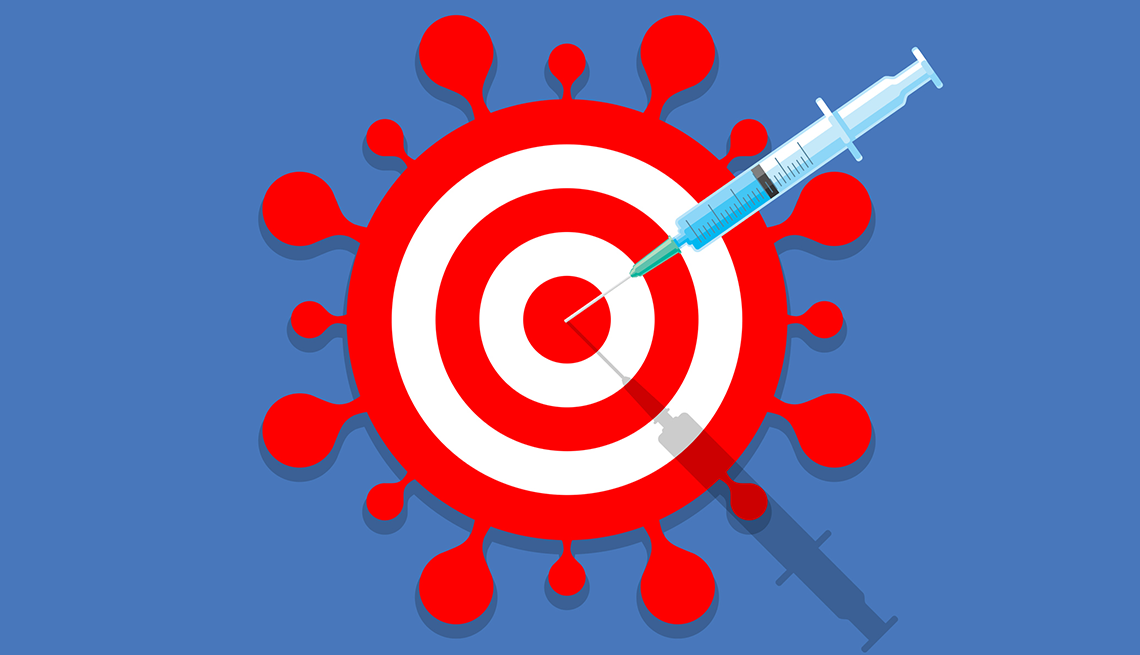

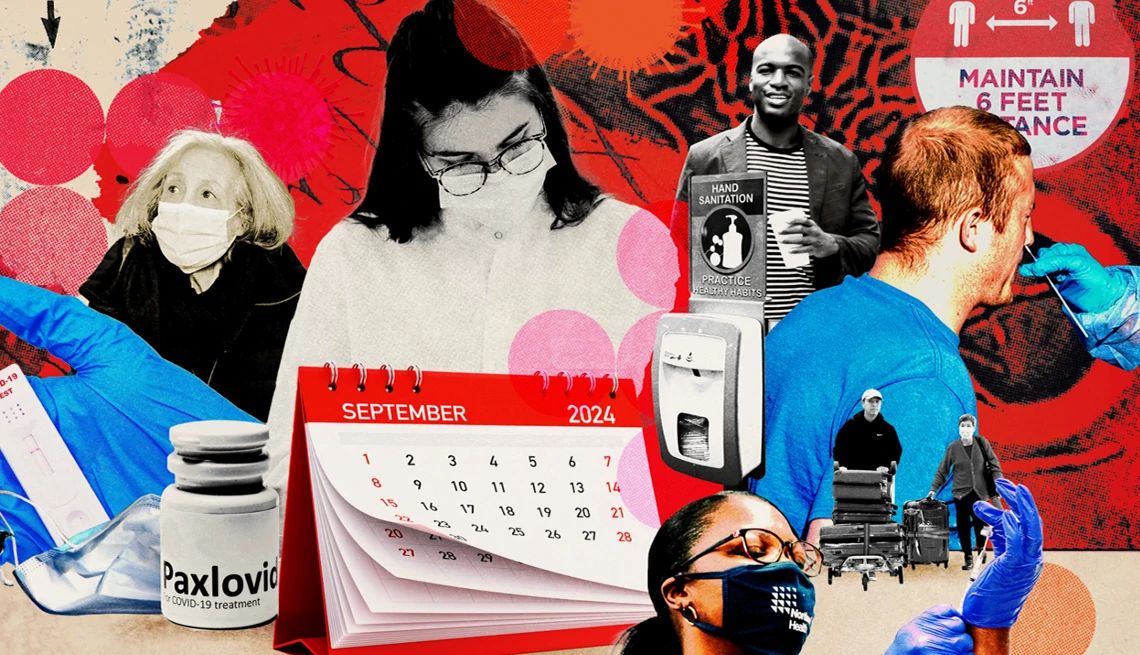



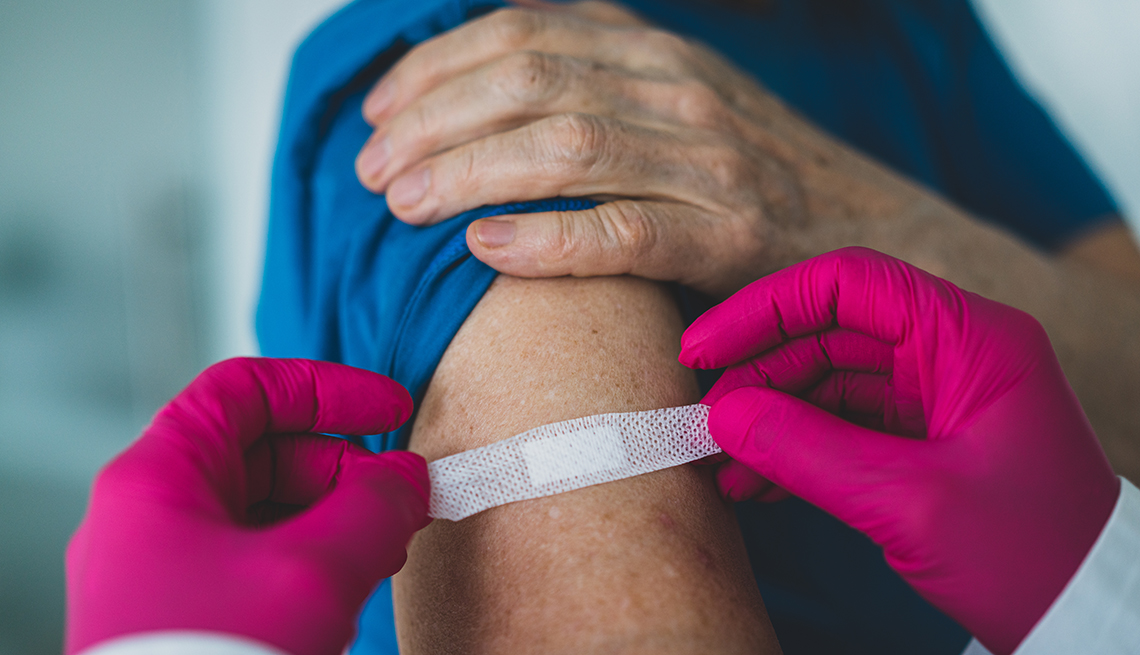





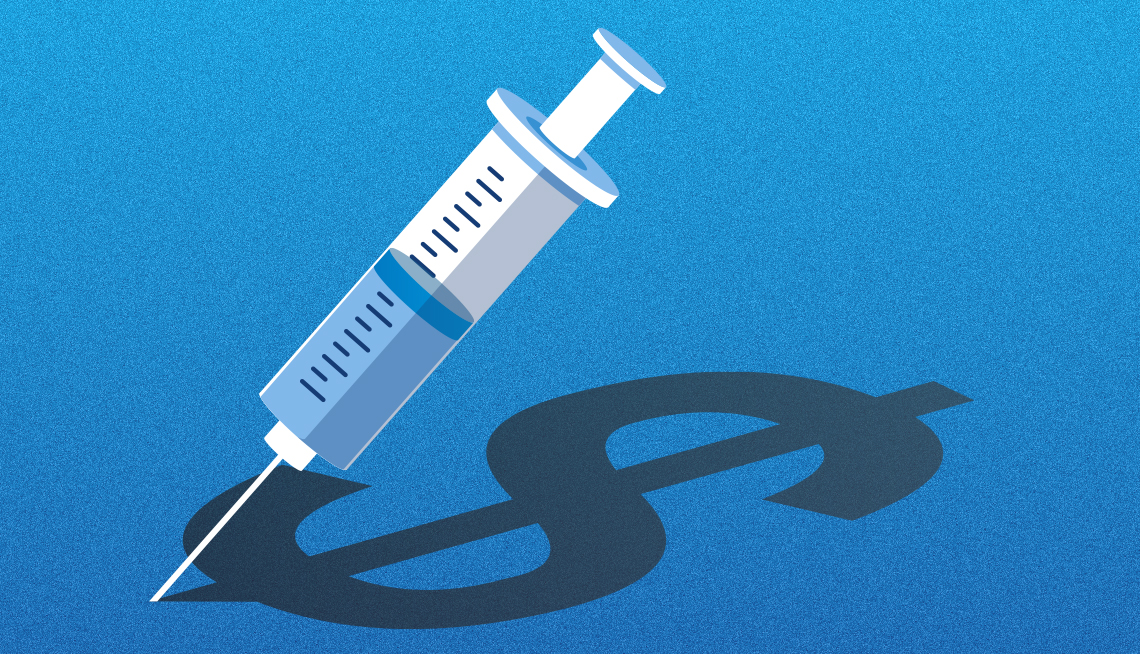
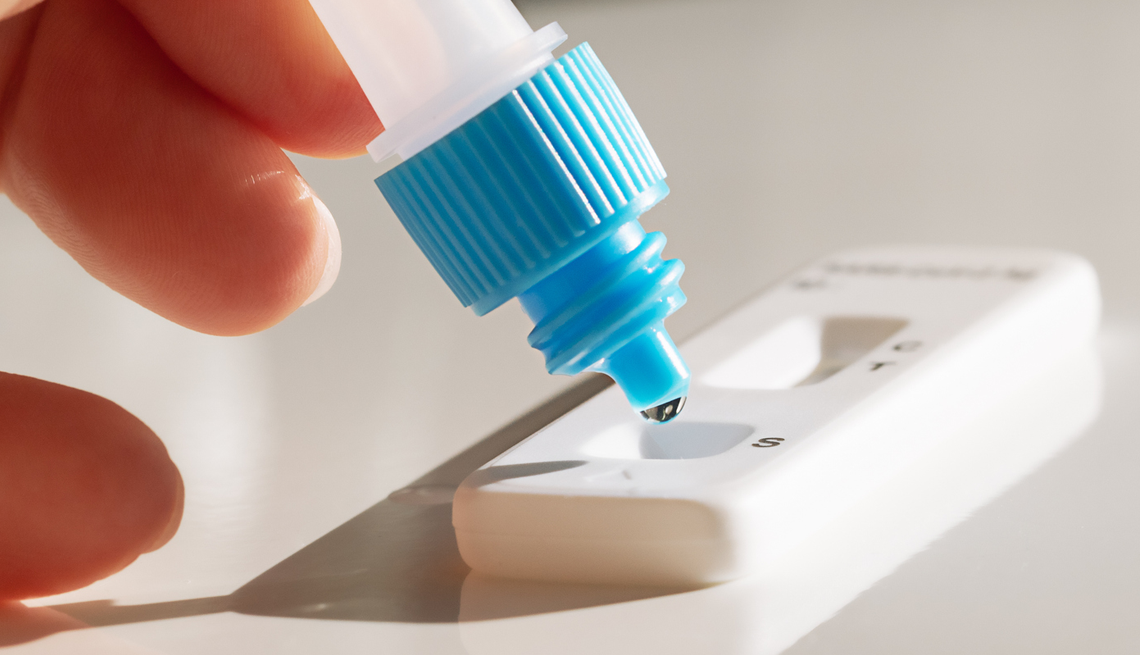






More on Health
What to Know About the Coronavirus Vaccines
Questions continue as millions of Americans get immunized
Where to Get Your Flu Shot
Most major retailers offering both regular and high-dose vaccinesThese Are the 8 Vaccines You Need After 50
Are you up to date on all the recommended vaccines?